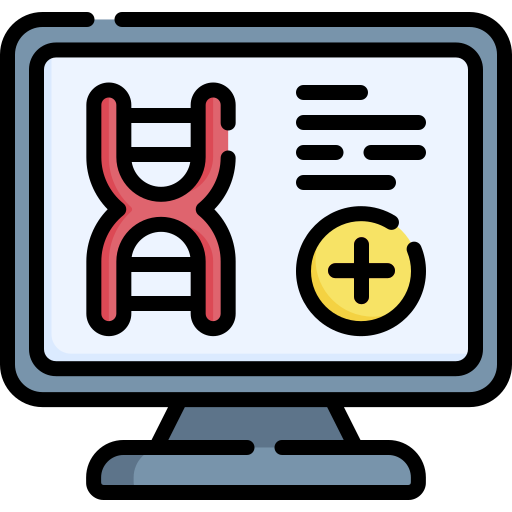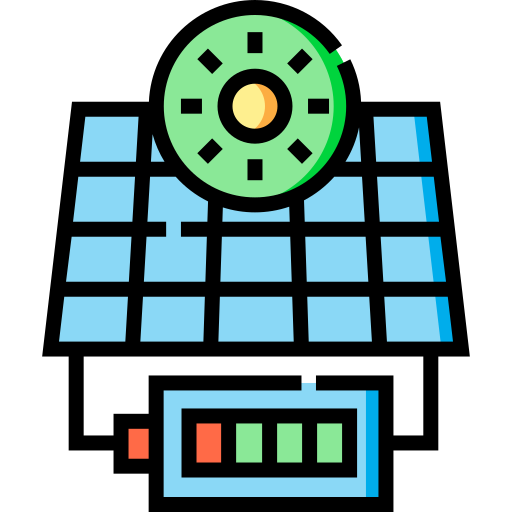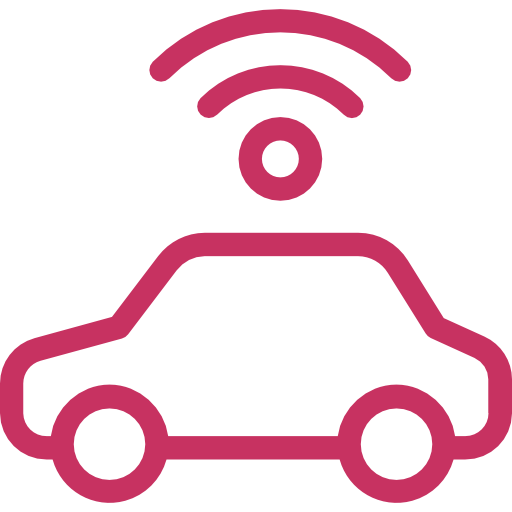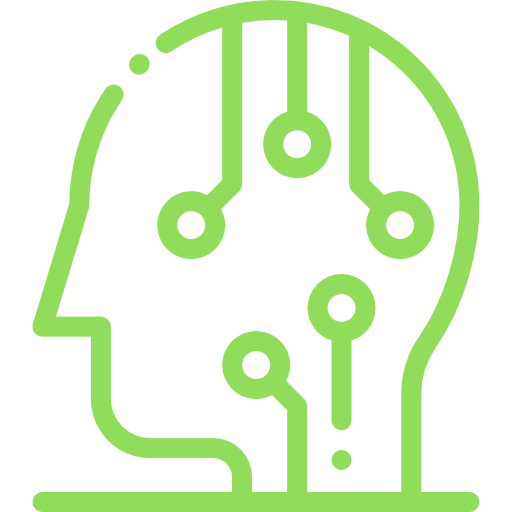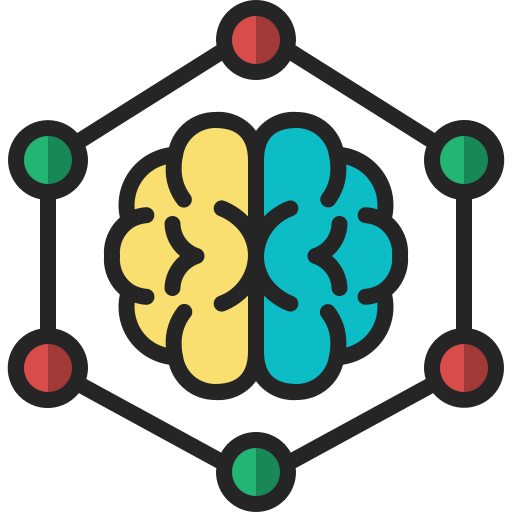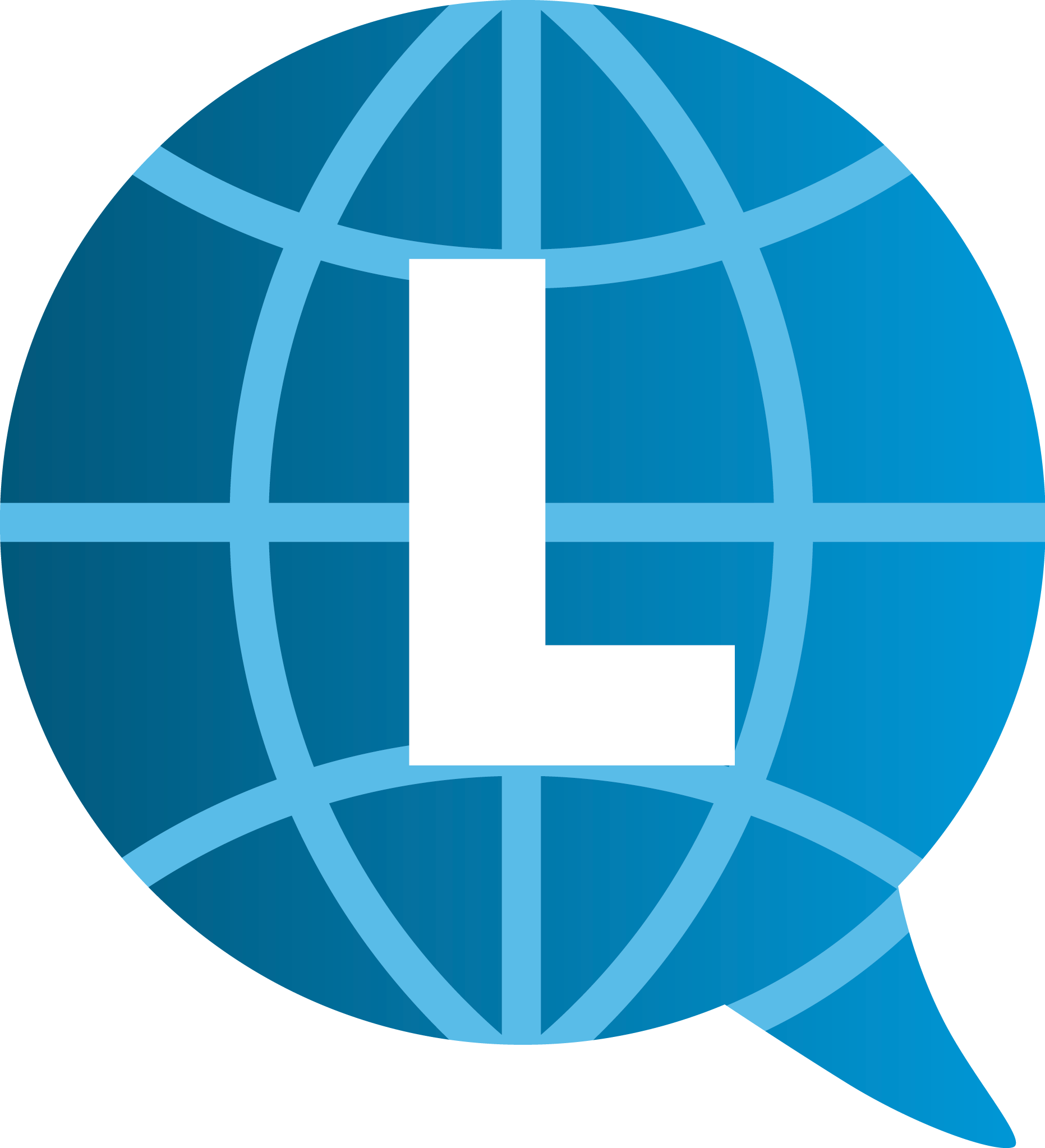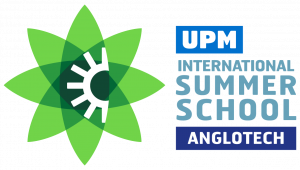
Technology Trend Tracks
An Introductory Course to Biomedical Informatics and Biomedical Information RetrievalAn often-cited definition of the Biomedical Informatics discipline proposed by Shortliffe (one of the fathers of this field) is a rapidly developing scientific field that deals with the storage, retrieval, and optimal use of biomedical information, data, and knowledge for problem solving and decision making. It accordingly touches on all basic and applied fields in biomedical science and is closely tied to modern information technologies, notably in the areas of computing and communications.
|
Biomedical EngineeringBiomedical technology deals with innovation in biomedical technologies, especially trends in the development of new devices or solutions that solve specific unmet needs. This course offers an introduction to the current trends on biomedical technologies and the innovation process to solve unmet clinical needs.
|
||||||||||||
| Price | 350€ |
More Information & Enrollment
New Trends in Data AnalyticsExtracting the value that can be hidden in data to support decision-making processes is hugely important today. Challenges include analysis, capture, data curation, search, sharing, storage, transfer, visualization, querying, updating and information privacy. The course will review the different phases of the project to extract knowledge from databases with special emphasis on the extraction of predictive models.
| CybersecurityCybersecurity is about balancing risks and opportunities in cyberspace, the global interconnection of digital networks. Cybersecurity is designed to protect digital property, personal information, and business transactions from accidents, errors, and deliberate attacks. The course introduces students to the cybersecurity field, its uses and raison d’être.
| ||||||||||||
| Price | 350€ |
More Information & Enrollment
Photovoltaic Solar EnergyThis course offers a review of the fundamentals, technologies and applications of photovoltaic solar energy.
| Towards the implementation of Hydrogen technologiesThis course will provide insights about the state-of-the-art and development of the full value chain of the hydrogen economy from hydrogen generation to hydrogen off-takers. Insights about the different alternatives for hydrogen generation focusing on decarbonization, the storage and transportation and the potential off-takers and utilization of hydrogen will be provided. A general overview of the hydrogen value chain is the starting point for the understanding of the role of hydrogen in the transition to a decarbonised society, as well as the main challenges to be tackled for its implementation as energy vector and industrial commodity.
| ||||||||||||
| Price | 350€ |
More Information & Enrollment
Cooperative, Connected and Autonomous DrivingThe purpose of this course is to provide an overview of the state of the art and the key enabling technologies in the field of cooperative, connected and autonomous vehicles, such as positioning systems, environment perception and inter-vehicle communication. Students will analyse autonomous and connected driving applications and vehicle positioning requirements, be introduced to environment understanding technologies and autonomous vehicle decision-making algorithms, and compare vehicle communications technologies.
| DronesThe civil applications of unmanned aerial vehicles (UAV) (also known as remotely piloted systems RPAS or commonly drones) are increasing. This short course mainly focuses on so-called multirotor drones. The two main challenges at present are endurance dependency on the electrical power supply (i.e. batteries) and autonomous maneuvering in relation to the dynamic, changing environment. This course provides a general overview of the different technologies involved in the execution of autonomous missions with drones, including the study of the flight system itself, estimation of positioning relative to the environment, and the control of these for maneuvering, as well as the definition and execution of complex high-level missions. Various industrial applications carried out by the Computer Vision and Aerial Robotics Research Group at the Universidad Politécnica de Madrid will also be presented, along with the current scientific and technological challenges faced by the international scientific community.
| ||||||||||||
| Price | 350€ |
More Information & Enrollment
Introduction to Artificial IntelligenceArtificial Intelligence (AI) refers a kind of intelligence that enables machines to emulate intelligent behavior or to do things that people mostly do better. AI technologies have an important impact on our daily activities in business, as individuals, and as a society. During this course, apart from learning about AI fundamentals and applications, you will use specific techniques about different areas of AI such as knowledge representation and machine learning.
| Deep LearningDeep learning, a cutting-edge subset of artificial intelligence, is increasingly pivotal in driving technological and scientific advancements across various sectors. This comprehensive course on the fundamentals of deep learning is thoughtfully designed to guide students through the core concepts and applications of this transformative technology. It begins with an introductory module that lays a solid foundation in the basics of deep learning and artificial neural networks. The course then progresses into the practical realms of computer vision, demonstrating how deep learning techniques are revolutionizing image analysis and interpretation. In the natural language processing (NLP) module, students will explore the ways deep learning is used for understanding and generating human language, a critical aspect of AI’s interaction with people in products such as ChatGPT. The course also includes a focus on network analysis, where the course delves into graph neural networks and their role in predicting complex network dynamics. Each theoretical component is complemented by hands-on activities, ensuring a balanced approach that combines conceptual knowledge with practical skills, fostering both understanding and application in this rapidly evolving field.
| ||||||||||||
| Price | 350€ |
More Information & Enrollment
Architecture
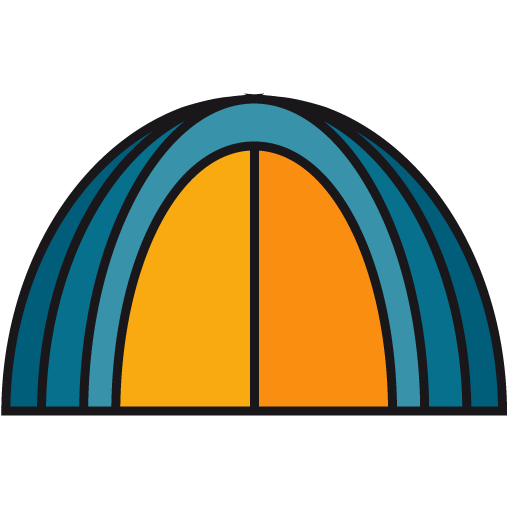
Air ArchitectureFollowing the inflatable tradition initiated by groups and individuals such as Walter Bird, Victor Lundy, Frei Otto, Cedric Price, AJS-Aerolande or Archigram we are interested in the space generation capacity that enclosed gas has as an alternative tectonic for architectural creation. Our proposal for 2024 UPM International Summer School converges upon the possibilities contained in Air structures and artifacts to enable alternative ways of social interaction and urban activation.
|
More Information & Enrollment

115m3This workshop aims to question how to live in a fully equipped 115m3 volume. Social housing regulations, defined by specific two-dimensional restrictions, will be questioned and reinterpreted. Through a case study and projective methodology, the students will create their own minimum unit to define an alternative way of living. Several lectures given by experts in social housing projects, and some visits to exemplary buildings in the city of Madrid, will expand the design studio format.
|
More Information & Enrollment
Spanish Language & Culture Courses
The Modular Spanish Language and Culture Courses are designed for international students to gain a grounding in Spanish language and culture. The program consists of two-week modules combining language and culture. You can choose A1.1 or A1.2 level. The course takes place at Campus Ciudad Universitaria, Madrid. You can register for Module 1, Module 2 or both. The Spanish Language and Culture Program is tutored by experts in Spanish communication skills. Our courses are based on an action-oriented approach and the classes aim to enable our students to communicate in real-life situations. Grammar, vocabulary, reading and writing skills are also addressed.
|
|
Dates |
24 June – 4 July |
|
Schedule |
Monday to Thursday from 15:30 to 18:00 |
|
Location |
ETSIAAB |
More Information & Enrollment
The Modular Spanish Language and Culture Courses are designed for international students to gain a grounding in Spanish language and culture. The program consists of two-week modules combining language and culture. You can choose A1.1 or A1.2 level. The course takes place at Campus Ciudad Universitaria, Madrid. You can register for Module 1, Module 2 or both. The Spanish Language and Culture Program is tutored by experts in Spanish communication skills. Our courses are based on an action-oriented approach and the classes aim to enable our students to communicate in real-life situations. Grammar, vocabulary, reading and writing skills are also addressed.
|
|
Dates |
8 – 18 July |
|
Schedule |
Monday to Thursday from 15:30 to 18:00 |
|
Location |
ETSIAAB |

